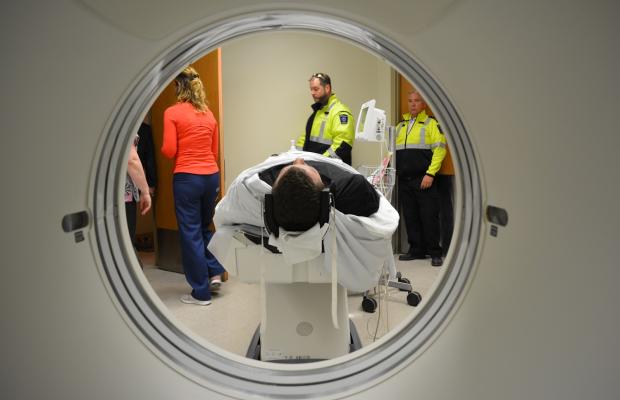
The Stroke Network of Southeastern Ontario completed a community consultation in 2022-23. The goal of this consultation was to build on the work that was done in previous consultations, identify priority areas of change and continue to collaborate with stroke survivors and their caregivers.


